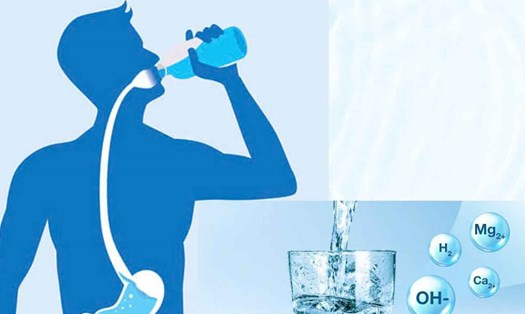The kidneys are important organs in the body. Their main function is to filter blood and send waste to the bladder as urine. They also help balance the amount of water and electrolytes in the blood, which helps regulate blood pressure levels.
However, like any other organ, the kidneys need proper care to function properly. Neglecting kidney health can lead to serious problems, including acute kidney injury (AKI).
What is acute kidney injury?
According to Dr Vidyashankar P - Principal Consultant Nephrologist, Aster CMI Hospital, Bengaluru (India), AKI is a condition of rapid decline in kidney function over hours to days. Previously known as acute renal failure (ARF), this condition occurs when the kidneys are unable to filter waste products from the blood.
Some of the most common causes include sepsis, acute cardiac events, massive bleeding, severe dehydration, and nephrotoxic drugs.
Warning signs of kidney damage to watch out for
“AKI can present with symptoms like nausea, vomiting, and loss of appetite,” says Dr. Vidyashankar. “Some patients may notice decreased urine output, swelling in the legs, or shortness of breath due to fluid buildup.”
Other potential warning signs include confusion or difficulty concentrating due to waste building up in the blood.
Factors contributing to acute kidney injury
While conditions such as reduced blood flow to the kidneys caused by severe dehydration, sepsis, heart failure, or blood loss can cause AKI, the most important risk factors include patients with diabetes, hypertension, and heart disease.
The use of certain medications, such as nonsteroidal anti-inflammatory drugs (NSAIDs), ACE inhibitors, and SGLT2 inhibitors, can also increase the risk of AKI during times of stress, such as infections or cardiovascular events, Dr. Vidyashankar noted. Furthermore, dehydration, often due to insufficient fluid intake or excessive fluid loss due to illness, can also cause AKI.
Why is early detection important?
AKI can be life-threatening if left untreated. However, it is almost always curable and completely reversible if detected and treated early.
“Timely interventions such as adjusting medications, optimizing fluid management, and addressing the root causes of AKI can facilitate early recovery,” said Dr. Vidyashankar.
Prevention
One of the most effective strategies is to maintain a balanced diet that is low in sodium, processed foods, and unhealthy fats. Eat a diet rich in fruits, vegetables, and whole grains for overall health.
Staying hydrated is also important, as adequate fluid intake helps the kidneys filter waste efficiently. Additionally, regular physical activity can improve overall health and blood circulation, which is beneficial for kidney function.
In addition to making healthy lifestyle choices, people should also monitor their blood pressure and blood sugar levels, as high blood pressure and diabetes are significant risk factors for kidney damage. It is also important for people to avoid over-the-counter medications that can harm the kidneys.











